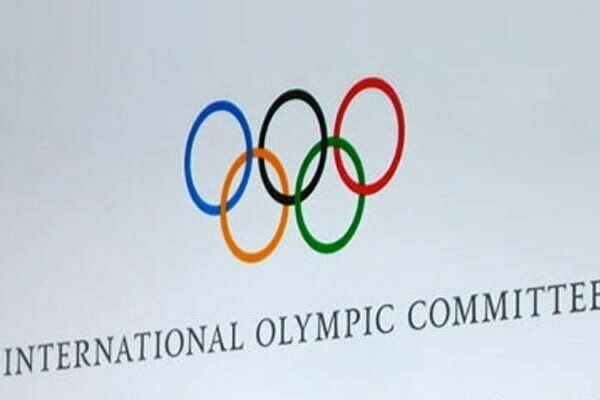The International Olympic Committee (IOC) has clarified its stance on the suspension of the Russian Olympic Committee (ROC), making it clear that while Russia, as a country, will not be allowed to participate in the Olympic Games, individual athletes holding Russian passports can still take part as neutral competitors.
The announcement came following an Executive Board meeting of the International Olympic Committee in Mumbai. IOC President Thomas Bach stated that athletes with Russian passports will have the opportunity to participate in the Games as neutral individuals, representing themselves. However, it is crucial to emphasize that Russia as a country will not be part of the Olympics.
The decision to suspend the ROC was promptly implemented by the IOC. This move was a direct response to the ROC’s controversial decision to include regional sports organizations from four Ukrainian territories – Donetsk, Kherson, Luhansk, and Zaporizhzhia – as its members.
As a result of this suspension, the ROC will no longer have the status of a National Olympic Committee. Furthermore, the IOC will have the authority to determine the participation of individual athletes holding Russian passports in the upcoming Paris Olympics scheduled for 2022.
The IOC’s decision to suspend the ROC is primarily based on Russia’s recognition of these annexed territories, which has raised concerns about the violation of Ukraine’s territorial integrity. The situation has been further complicated by the geopolitical conflicts involving Russia and Ukraine.
The issue of Russian and Belarusian athletes’ participation in international sporting events has been a subject of ongoing debate and discussion. Various sports organizations have adopted different approaches, resulting in a lack of uniformity in the treatment of these athletes.
While some sports bodies have relaxed or revoked the bans on athletes from Russia and Belarus, others have maintained restrictions. The situation remains fluid and challenging to navigate, emphasizing the uncertainty and volatility surrounding the participation of athletes from these nations in global sports competitions.
The clarification from the IOC regarding Russian athletes holding valid passports offers a glimpse into the organization’s approach to balancing the principles of fair competition with the broader geopolitical context. As this issue continues to evolve, it is evident that the IOC is carefully evaluating its decisions and responding to the changing dynamics of international politics and sports.
Overall, the IOC’s move to allow individuals with Russian passports to compete as neutral athletes underscores the complexity of these situations and their far-reaching implications for the world of sports. It remains to be seen how this nuanced approach will play out in the upcoming Olympic Games and future international sporting events.
